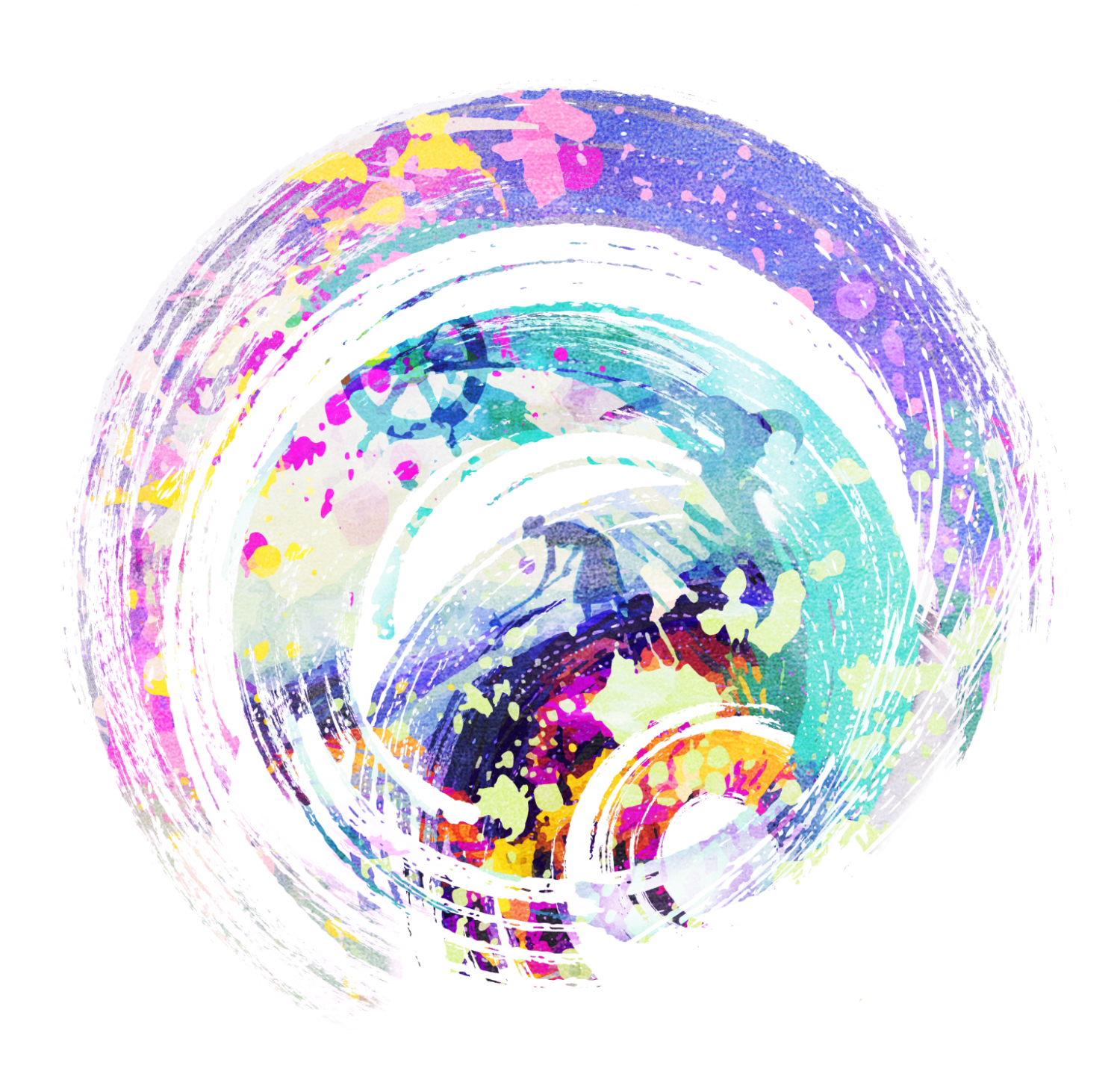Civilization depends on an implicit degree of general optimism. It is a collaborative exercise. Civilization amplifies and accumulates cooperation between strangers. If you expect that you can trust a stranger, that is optimism. If you expect to be cheated or hurt, that is pessimism. Societies that bring the most good to the most people require that people be trusted more than they are distrusted; that they expect more good than harm; they require that people, in general, have more hope than fear. Societies that have more pessimism than optimism tend not to prosper.
The default stance in any thriving civilization is optimistic: it operates on the assumption that in general, most people, most of the time, will cooperate. They can be trusted to be honest and this cooperation will produce positive results that add up to more than the sum. Civilization requires trust; trust requires optimism; civilization requires optimism.
Kevin Kelly



